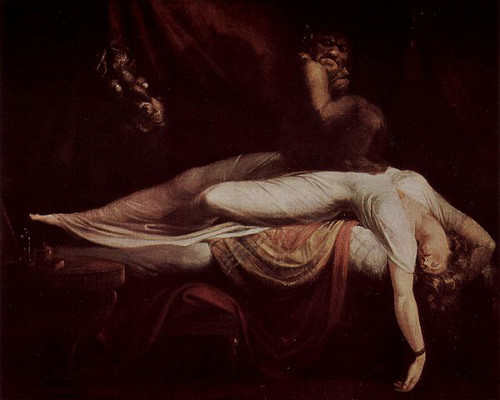
decubation
n. the action of lying down
decubitus
n. the manner or posture of lying in bed

decubation
n. the action of lying down
decubitus
n. the manner or posture of lying in bed

abbey-lubber
n. a monk living in idleness and self-indulgence
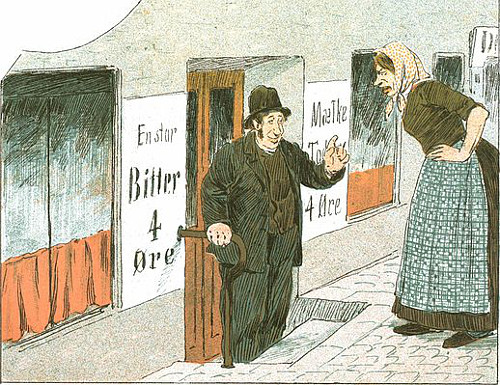
diffidation
n. a severing of peaceful relations
clarigation
n. a recital of wrongs before declaring war
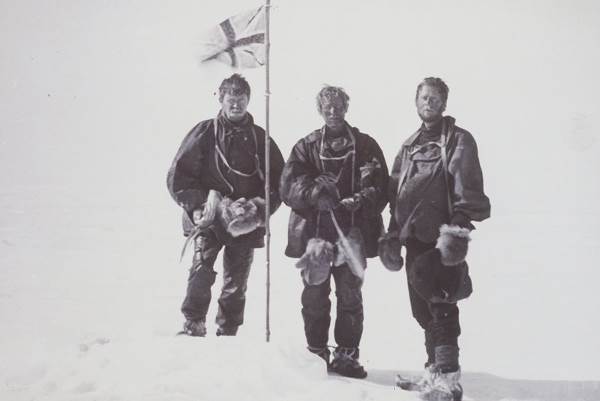
interturb
v. to disturb by interrupting
In late 1908 Douglas Mawson, Alastair Mackay, and Edgeworth David left Ernest Shackleton’s party in hopes of discovering the location of the South Magnetic Pole. On Dec. 11, while Mackay left the camp to reconnoiter, David prepared to sketch the mountains and Mawson retired into the tent to work on his camera equipment:
I was busy changing photographic plates in the only place where it could be done — inside the sleeping bag. … Soon after I had done up the bag, having got safely inside, I heard a voice from outside — a gentle voice — calling:
‘Mawson, Mawson.’
‘Hullo!’ said I.
‘Oh, you’re in the bag changing plates, are you?’
‘Yes, Professor.’
There was a silence for some time. Then I heard the Professor calling in a louder tone:
‘Mawson!’
I answered again. Well the Professor heard by the sound I was still in the bag, so he said:
‘Oh, still changing plates, are you?’
‘Yes.’
More silence for some time. After a minute, in a rather loud and anxious tone:
‘Mawson!’
I thought there was something up, but could not tell what he was after. I was getting rather tired of it and called out:
‘Hullo. What is it? What can I do?’
‘Well, Mawson, I am in a rather dangerous position. I am really hanging on by my fingers to the edge of a crevasse, and I don’t think I can hold on much longer. I shall have to trouble you to come out and assist me.’
I came out rather quicker than I can say. There was the Professor, just his head showing and hanging on to the edge of a dangerous crevasse.
David later explained, “I had scarcely gone more than six yards from the tent, when the lid of a crevasse suddenly collapsed under me. I only saved myself from going right down by throwing my arms out and staying myself on the snow lid on either side.”
Mawson helped him out, and David began his sketching. The party reached the pole in January.
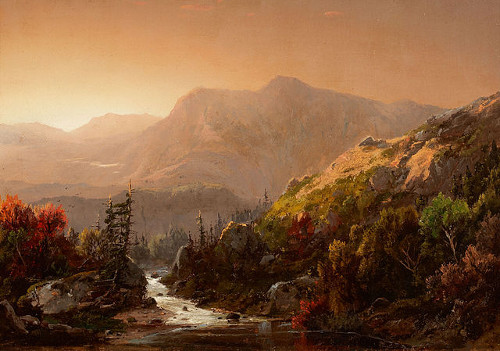
antelucan
adj. before dawn
finitor
n. the horizon
flavescent
adj. turning pale yellow
day-peep
n. the first appearance of daylight; the earliest dawn
Eoan
adj. of or pertaining to the dawn; eastern
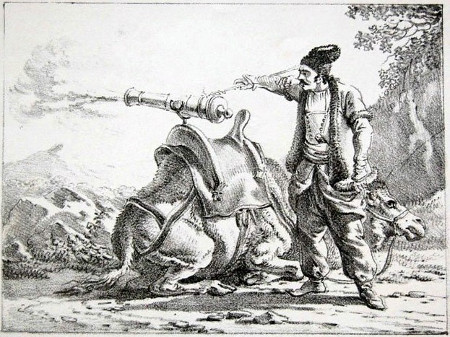
zumbooruk
n. a small cannon fired from the back of a camel
guttatim
adv. drop by drop
supernaculum
adv. to the last drop
stillatitious
adj. falling in drops
quantulum
n. a small amount or portion
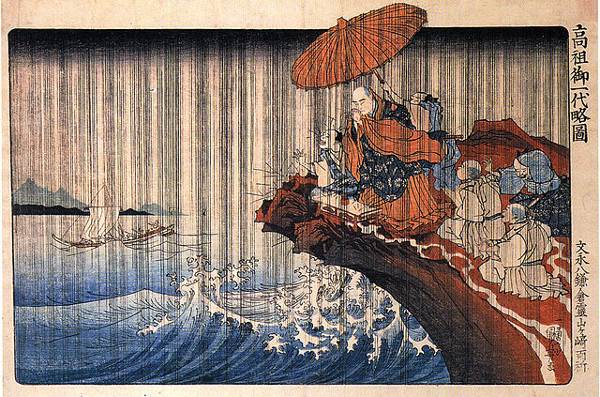
bedrabble
v. to make wet and dirty with rain and mud
Our change climatic
We think acrobatic
And sigh for a land that is better —
But the German will say,
In a very dry way,
That the weather with him is still Wetter.
— J.R. Joy, Yale Record, 1899
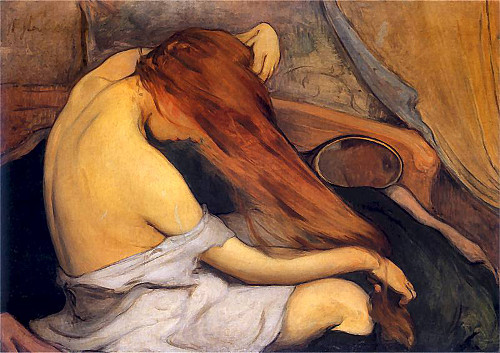
auricomous
adj. golden-haired
flavicomous
adj. having yellow hair
melanocomous
adj. black-haired
lissotrichous
adj. having smooth hair
cymotrichous
adj. having wavy hair
crinicultural
adj. caring for the condition or appearance of the hair
floricomous
adj. having the head adorned with flowers
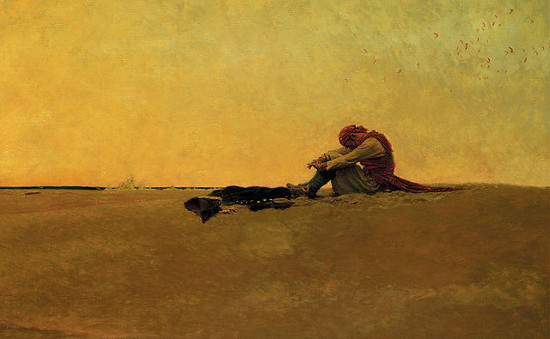
naufrague
n. a shipwrecked person